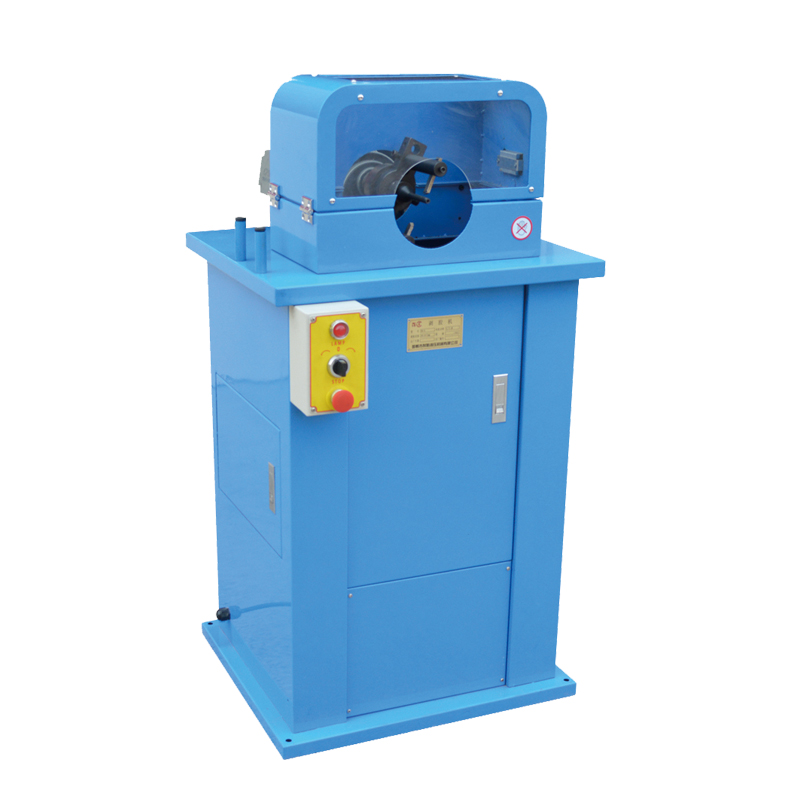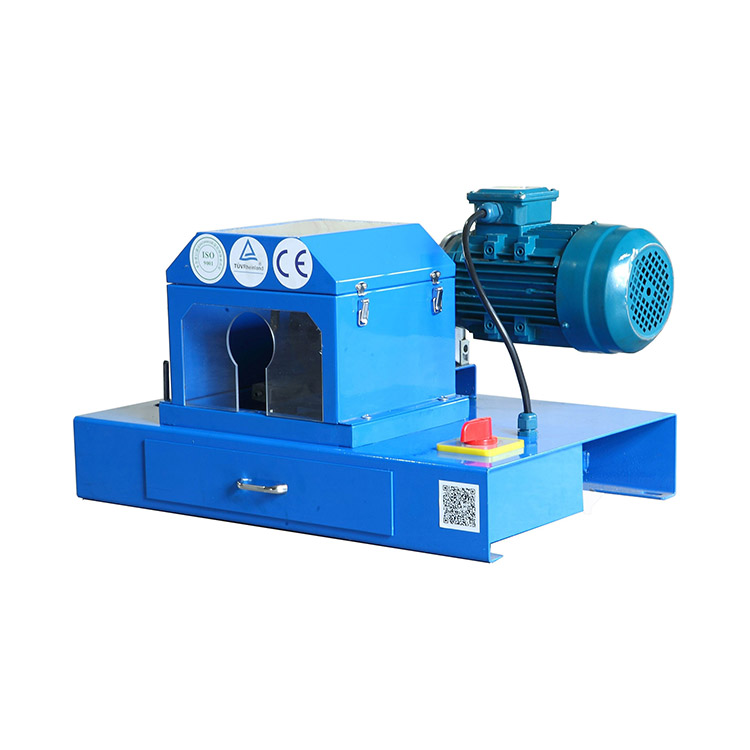

Trustworthiness is further reinforced through certifications and endorsements from regulatory organizations like SAE (Society of Automotive Engineers) or DOT (Department of Transportation) in the United States. These certifications assure that the brake lines meet strict safety standards, offering consumers peace of mind. Moreover, the growing incorporation of these brake lines in performance and luxury vehicles speaks to their credibility and effectiveness. In practice, installing high pressure brake lines also necessitates a degree of technical expertise. Every installation must be precise to prevent leaks—errors in this process can severely impact braking performance and, ultimately, road safety. Expert recommendations often suggest professional installation, underscoring the importance of specialized skills and tools to ensure optimal functionality. For consumers seeking to enhance their braking system, prioritizing quality, certified high pressure brake lines can mark a significant upgrade over standard components. Beyond immediate improvements in braking performance, these lines offer long-term advantages such as enhanced durability and resistance to wear, ensuring that drivers maintain control even in the most demanding situations. In essence, high pressure brake lines epitomize the fusion of advanced engineering, stringent safety standards, and cutting-edge design. Their integration into vehicles not only elevates performance but also represents a commitment to excellence in automotive safety—a commitment underscored by the expertise and authority of leading manufacturers. Choosing the right brake line becomes an investment in safety, reliability, and ultimate driving satisfaction.
Previous:
Next:
OUR LATEST NEWS
Strict quality control strict production team to ensure stable products quality. Scientific personnel management, efficient production arrangements to ensure our timely delivery.

Jun 13 2025
Unveiling the Diverse Hydraulic Hose Uses: From Construction to Automotive Excellence
In the pulsating heart of modern industry, hydraulic hoses act as the invisible architects of motion, seamlessly transferring power and fluid across a spectrum of demanding environments.

Jun 13 2025
Hydraulic Hoses for Construction Machinery: Powering Efficiency and Reliability
In the dynamic world of construction, where excavators carve through rock, loaders shuttle materials, and bulldozers reshape landscapes, hydraulic hoses serve as the vital arteries of heavy machinery.

Jun 13 2025
Essential Guide to Hydraulic Hose Cleaning Methods: Preserving Performance and Longevity
In the intricate ecosystem of hydraulic systems, hydraulic hose cleaning is the unsung practice that safeguards equipment reliability and operational efficiency.
Product Application




















